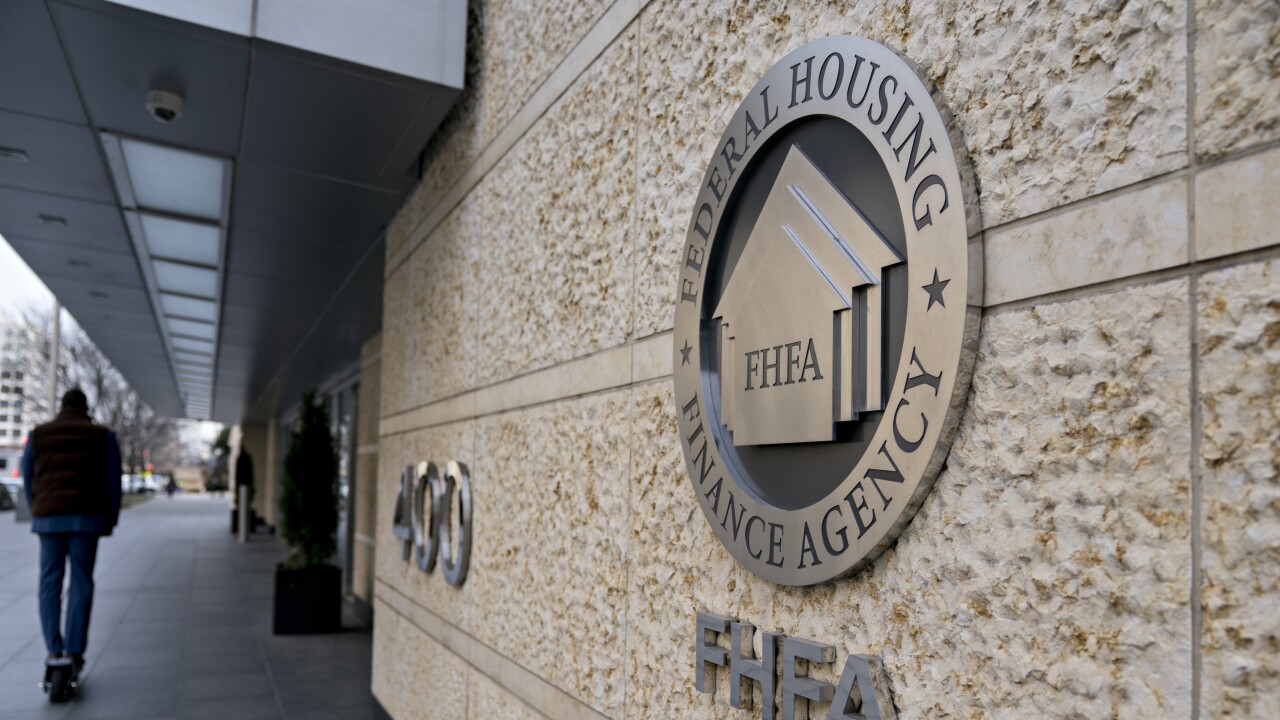The Consumer Financial Protection Bureau released a five-year look-back review of its mortgage disclosure rule that found consumers benefited from being able to compare terms and costs but that lenders paid a high price for compliance.
The CFPB released
The bureau also issued a
The bureau also found that TRID resulted in “sizeable implementation costs for companies,” totaling roughly $146 per mortgage originated in 2015 and roughly $39 per closing. The effects of TRID on ongoing costs is less clear, the bureau said.
The CFPB was unable to obtain or generate the data necessary to do a cost-benefit analysis of the TRID rule, according to a statement in the report from CFPB Director Kathy Kraninger.
In the review, which examined data on 50,000 mortgages, the bureau found that 62% of home loans received at least one revised loan estimate form while 49% received at least one corrected closing disclosure form. The report found that loan terms varied dramatically. Roughly 40% of all home loans had at least one change to the annual percentage rate, while nearly 25% had changes to the loan amount and loan-to-value ratio. Interest rates changed on 8% of home loans, the report found.
The bureau is accepting public comments to determine whether further changes are needed that would strengthen the rule’s benefits or reduce costs.





